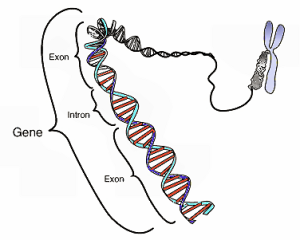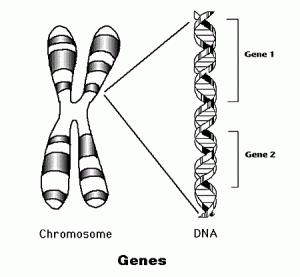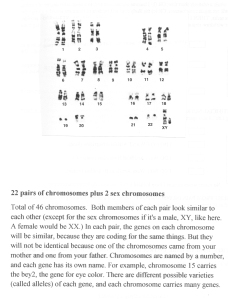Causes and Courses of ADD ADHD
Interesting article from JAMA Psychiatry July 2015 by Pingault, et al. I don’t really understand the article, but here’s what I get out of it.
Genes and Environment and Their Interaction
Most psychiatric disorders have an environmental basis and a genetic basis. The genetic basis usually consists of many genes, each adding only a small amount to the risk of developing the disorder. In other words, if you don’t have some of these genes, you probably won’t get the disorder no matter what, and the more of them you have, the more likely you are to get it, depending on what happens in the environment. Scientists have spent a lot of time trying to find the single gene that causes a specific disorder and it’s generally not like that at all.
Epigenetics and Neurodevelopment
Some of the possible environmental factors for ADD ADHD (and other disorders) include pollution, alcohol, tobacco, toxins, medications, and stress.
This is epigenetics, where environmental factors affect the activity of the genes or even turn them on or off.
ADD ADHD is a neurodevelopmental disorder and studies show differences in our brains compared to non ADD AHD brains. So genes and environment affect the development of the developing brain and these factors continue to have effects after development is complete, except that it never really is.
The Course of ADD ADHD
Some ADD ADHD children get better or well, others persist or get worse. One set of genes determines how severe the ADD ADHD will be at first and a different set determines what the longer term course will be. Further, different sets of genes may be affecting the ADD ADHD at different times over development. This is a new concept to me.
Hyperactive/impulsive symptoms tend to get better after early childhood. Inattentive symptoms tend to get worse in early childhood and then persist or get slightly better. But these are just tendencies and the course can be quite different in different people. The differences are thought to be correlated with different paths of development in the brain. The thin cortex of ADD ADHD in certain areas tends to normalize with time in some people and not in others, and these latter are the ones with continuing symptoms.
Late Onset ADD ADHD?
Just to make it more complicated, another study by Moffitt indicates some adults develop ADD ADHD without having it in childhood and have a somewhat different course than the rest of us. I am doubtful about this one.
New Concept
And I have just found a new concept. The genes continue to turn on and off (or get more or less active) throughout life, not just in earliest development. So we are born with one set of genes and that doesn’t change, but the set of genes that are actually affecting you at 20 years old can be quite different from the ones affecting your brain development as a fetus, or at 5 or at 15. Genetically, you could be like a whole different person. Amazing! Complicated!
doug
Note
We have some scientists out there. Please offer corrections, clarifications and comments. Thanks



![Genes_DNA_chart[1]](https://addadultstrategies.wordpress.com/wp-content/uploads/2015/07/genes_dna_chart1.jpg?w=300&h=181)

“The genes continue to turn on and off (or get more or less active) throughout life, not just in earliest development. So we are born with one set of genes and that doesn’t change, but the set of genes that are actually affecting you at 20 years old can be quite different from the ones affecting your brain development as a fetus, or at 5 or at 15. Genetically, you could be like a whole different person.”
I absolutely agree with this. I handled my ADHD better before I got married and had kids. Then things changed. Now that may have been simply circumstantial. But now, going through peri-menopause, I’m definitely dealing with different issues then I did before. During the years I was raising children, I was able to come up with strategies to handle the issues I faced. But with menopause, it’s a whole different ballgame. I can’t seem to find strategies to help. The anti-depressant I’m taking helped a LOT but strategies are only having limited success. I absolutely feel like a whole different person than I ever have. And I don’t like it one bit.
LikeLike
homey – it is just starting to be realized that perimenopause can be a booger and sometimes things actually get better with menopause.
strategies ought to help. if you’d like, let me know of some of the specific problems where the strategies aren’t working well and maybe i could come up with something.
i think you have a lot to share with other women about this.
thank you for commenting and for bringing this up
doug
LikeLike
Thank you for this information. Very interesting.
LikeLike
Monica
Thank you and thank you for commenting.
Doug
LikeLike
Marina
Thank you!
doug
LikeLike
Great clear synthesis of the latest science news. Thanks. Marina
LikeLike